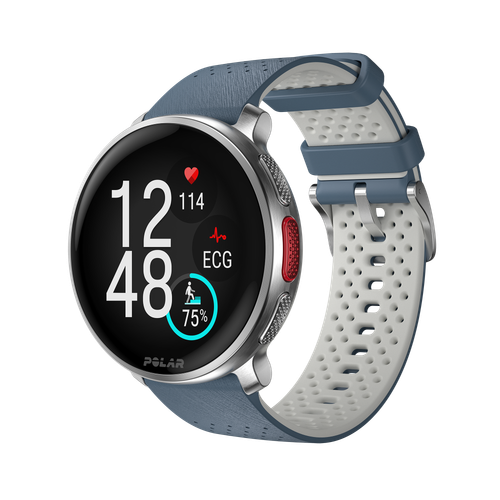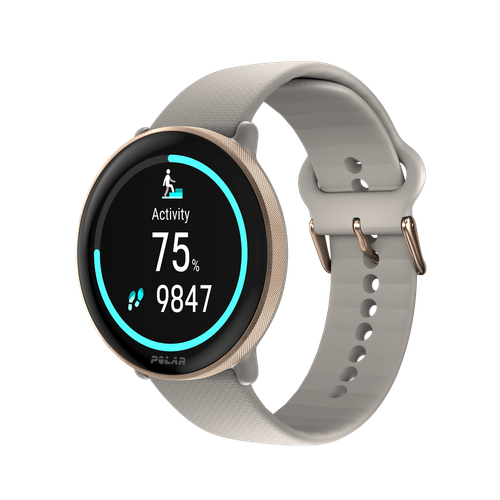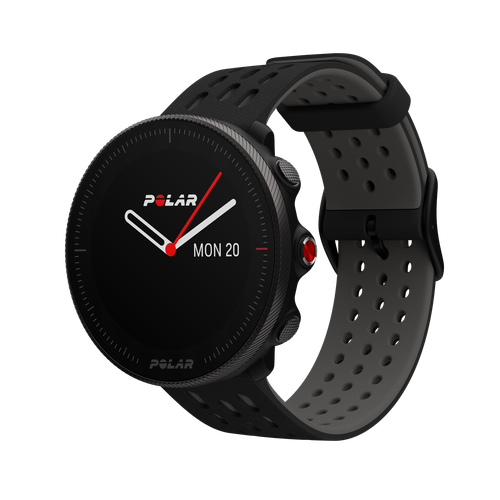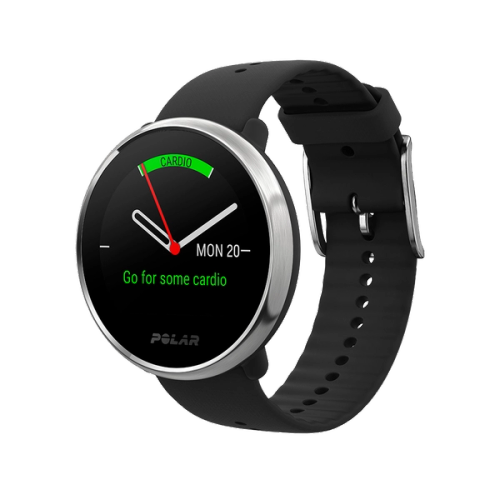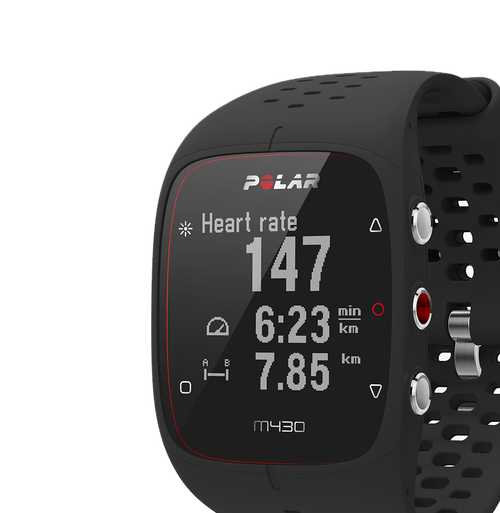So, when we talk about 'movement,' what exactly do we mean? Forget the image of a grueling gym session for now. We’re talking about a much broader, more personal concept. Movement is the gentle, flowing form of tai chi that calms your mind as your hands guide the air. It's the simple act of taking a brisk walk through your neighborhood, feeling the fresh air on your face. It's the grounding rhythm of a hike on a quiet trail, or the focused breath you take during a sun salutation in yoga. Movement can be the exhilarating freedom of a run or just the conscious decision to get up and stretch. The idea is to find a way to honor your body by moving it, connecting with that feeling of energy and life flowing through your veins.
So, how exactly does moving your body translate into a happier, healthier mind? We're going to delve deeper into some of this fascinating recent research, examining the concrete ways in which improved physical health truly translates to better mental health.
Two-way street: Why physical and mental health are inseparable
A compelling new study with a wonderfully direct title, "Move Your Body, Stay Away From Depression," provides compelling evidence for something many of us instinctively feel. In a nutshell, this study, a systematic review and meta-analysis, dug deep into the existing scientific literature to understand how exercise can prevent depression, particularly in middle-aged and older adults. Its findings were robust: consistent physical activity, especially group exercise and sessions around 30-40 minutes, significantly reduces the risk and incidence of depressive symptoms in these populations. It's a powerful reminder that proactive steps for our physical health can be a strong shield against mental health challenges.
The gravity of this message is reinforced by another critical point from the same research: the relationship between movement and mental health is a two-way street. The study highlights that individuals with depression have nearly twice the risk of cardiovascular disease compared to the general population. This isn't just a coincidence but a profound link. The researchers note that one of the reasons for this disparity is the "reduced motivation for regular physical activity" that often comes with depression. It's a tough cycle: depression makes it harder to move, and that lack of movement then contributes to poor physical health, which can, in turn, worsen depressive symptoms. This insight gives us a compelling reason to break that cycle. By taking proactive steps to move our bodies, we aren't just fighting the symptoms of depression; we're also directly improving our cardiovascular health and overall physical well-being.
It's a tough cycle: depression makes it harder to move, and that lack of movement then contributes to poor physical health, which can, in turn, worsen depressive symptoms.
And these are far from isolated findings. In fact, in recent years, there's been an explosion of scientific inquiry into the very concept of 'movement is medicine.' This isn't just a catchy slogan – it's a profound understanding that physical activity isn't just for building muscles or losing weight. Instead, it's a potent therapeutic tool, capable of influencing everything from our cardiovascular system and immune response to, crucially, our brain chemistry and emotional wellbeing. Researchers are meticulously unraveling the intricate ways in which getting active can act as a powerful antidepressant, anxiolytic (anxiety-reducing agent), and cognitive enhancer.
The volume of studies confirming these benefits highlights a critical shift in how we view holistic health. We're moving beyond separating the mind from the body and embracing their undeniable, intricate connection.

Wired for wellbeing: Your brain on exercise
So, sweating it out = a happier brain? Yes, and this is where the fascinating world of neurobiological mechanisms comes in – essentially, the how behind the benefits. Scientists have been peering into our brains, unraveling the intricate ways exercise changes our grey matter for the better.
Let's dive into some of that research. One systematic review sheds significant light on this topic. It explores how exercise boosts levels of crucial brain chemicals and proteins. Think of these as your brain's feel-good messengers and growth factors:
- Brain-Derived Neurotrophic Factor (BDNF): Often referred to as 'Miracle-Gro for the brain,' BDNF promotes the growth of new brain cells and strengthens existing ones. Higher levels of BDNF are linked to improved mood and cognitive function, and exercise is a known stimulant.
- Dopamine: This is your brain's 'reward' chemical, linked to pleasure, motivation, and focus. Exercise gives it a healthy bump.
- Serotonin: A key player in mood regulation, sleep, and appetite. Many antidepressant medications target serotonin pathways, and exercise naturally enhances its production and utilization.
- Norepinephrine: Important for alertness, attention, and energy. Exercise helps balance its levels, which can be thrown off by stress.
- GABA: The primary inhibitory neurotransmitter, helping to calm an overactive brain and reduce anxiety.
By modulating these essential compounds, exercise directly impacts our emotional wellbeing, stress response, and even neuroplasticity – our brain's incredible ability to adapt, learn, and form new connections throughout life.
Another review further underscores this idea of brain plasticity, this one from 2021, the catchily titled "Born to Move: A Review on the Impact of Physical Exercise on Brain Health and the Evidence from Human Controlled Trials." This research reminds us that movement isn't just something we do – it's fundamental to the design and evolution of our brain. It highlights how physical activity profoundly enhances brain plasticity, particularly in areas such as the hippocampus (essential for memory and emotional regulation) and the basal ganglia (involved in motivation and reward). The takeaway? Our brains are wired for movement, and when we embrace it, we create an environment that fosters improved mental health. It seems that staying still for too long doesn't just make our bodies sick, but also our minds.
undefined

POLAR Loop
Screen-Free Wearable Health Band & Fitness Tracker
POLAR Loop is a screen-free, subscription-free fitness band that helps you sleep better, recover smarter, and stay active—without distractions.
Proof positive: How movement fights depression and anxiety
So, we've taken a peek inside the brain to see how exercise sparks positive changes on a molecular level. But what about the direct, undeniable evidence that moving your body fights and prevents common mental health challenges like depression and anxiety? This is where the research is perhaps strongest, with a wealth of studies demonstrating clear, powerful benefits. A landmark study, for instance, concluded that exercise is unequivocally an effective treatment for depression. By compiling data from a large number of high-quality studies, researchers found that everyday activities like walking, jogging, and yoga were particularly beneficial. This powerful finding positions exercise as a vital complement, or even alternative, to traditional treatments. Broadening our view, a 2023 overview of systematic reviews confirmed these findings across diverse adult populations, concluding that physical activity interventions are highly effective in improving symptoms of depression, anxiety, and general psychological distress. The message from the science is clear: get moving, feel better.
And the benefits don't stop at treating existing symptoms. A further review from 2023 went a step further, suggesting that physical activity is "probably causally related" to both depression and anxiety disorders. This is huge news, as it means being physically active doesn't just help you manage symptoms if they arise – it may actually reduce your risk of developing these disorders in the first place. Think of it as a powerful, preventative shield against mental distress. This is true for all age groups, including our younger generations. Finally, a 2022 systematic review and meta-analysis on adolescent depression found that targeted programs, such as 30 minutes of aerobic exercise four times a week, significantly reduced depressive symptoms in teens.
Collectively, these studies represent a mountain of evidence that consistent physical activity isn't just good for your body – it's a cornerstone for preventing, managing, and even treating depression and anxiety, solidifying its place as a truly effective ‘medicine’ for the mind.
Enjoying this article? Subscribe to Polar Journal and get notified when a new Polar Journal issue is out.
Subscribe
Move forward: Your journey to a healthier mind starts here
As we wrap up our exploration, the key takeaway is clear: the connection between our physical wellbeing and our mental health isn't just anecdotal – it's deeply rooted in science. From the fascinating ways exercise sparks positive changes in our brain chemistry and structure – building a more resilient mind – to the overwhelming evidence of its power in preventing and treating conditions like depression and anxiety, the message is consistently inspiring.
The 'movement is medicine' approach isn't just a trendy phrase – it's a call to action backed by robust research. It reminds us that we hold a significant key to our mental wellbeing in our own hands (or, rather, our feet!). You don't need to become an elite athlete overnight. Remember, studies show that even moderate-intensity activity, for just 10 to 30 minutes, can make a difference. It's about starting by finding what works for you, whether it's a brisk walk in the park, a calming yoga session, or dancing around your living room. Then, you can always build from there.
Your journey toward better physical health is, intrinsically, a journey toward better mental health. So, lace up those shoes, put on your favorite tunes, or just step outside. Each step you take isn't just for your muscles or your heart – it's a powerful investment in your mind, your mood, and your overall happiness. Let's move forward, together, towards a healthier, happier, more vibrant future.
 Polar Vantage M3
Polar Vantage M3
 Polar Grit X2 Pro Titan
Polar Grit X2 Pro Titan
 Polar Grit X2 Pro
Polar Grit X2 Pro
 Polar Grit X2
New
Polar Grit X2
New
 Polar Vantage V3
Polar Vantage V3
 Polar Ignite 3
Polar Ignite 3
 Polar Pacer Pro
Polar Pacer Pro
 Polar Pacer
Polar Pacer
 Polar Unite
Grit X Series
Vantage Series
Pacer Series
Ignite Series
Polar Unite
Grit X Series
Vantage Series
Pacer Series
Ignite Series













